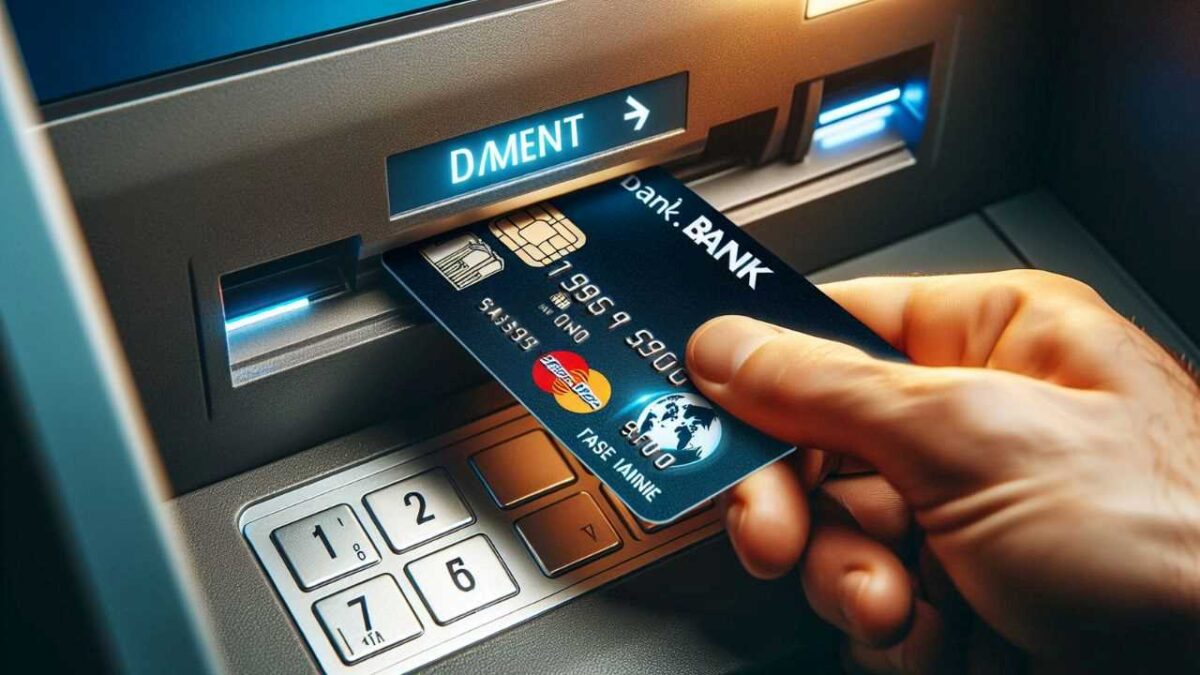Learn how credit card holders can manage Forex Charges on Citibank Credit Card when traveling or shopping internationally. Learn about fees, calculation methods, and strategies to minimize costs.
Understanding Forex Charges on Citibank Credit Card
If you’re a Citibank credit card holder who loves to travel or shop online from international retailers, it’s essential to understand the foreign exchange (forex) charges that could apply to your purchases. Let’s break down what these fees are and how you can make informed spending decisions abroad.
Table of Contents
What are Forex Charges?
Forex Charges or Foreign transaction fees, often called forex fees, are charges added whenever you use your Citibank credit card in a currency other than the Indian Rupee (INR). These fees generally fall within two main categories:
- Foreign Currency Markup Fee: This is a percentage of the transaction amount, usually around 3.5% for most Citibank cards. If you spend $100 USD abroad, you might pay an extra $3.50 in foreign currency markup fees.
- Dynamic Currency Conversion (DCC) Fee: Some merchants might offer to convert your purchase into INR at their own exchange rate. However, their rate often includes an additional margin, leading to a higher cost for you.

How are Forex Charges Calculated?
Here’s a simplified example of how Forex Charges might work:
- Transaction: You buy a souvenir in Paris for €50.
- Conversion: Visa or Mastercard (depending on your card) converts €50 to its USD equivalent at the prevailing wholesale exchange rate.
- Citibank’s Markup: Citibank applies its foreign currency markup fee (e.g., 3.5%) to the USD amount.
- Total Cost: The transaction amount, markup fee, and any applicable DCC charges are reflected in INR on your credit card statement.
Important Things to Note about Forex Charges on Citibank Credit Card
- Choose the Local Currency: When given the option, always pay in the local currency. You’ll benefit from the more competitive exchange rate provided by your card network (Visa or Mastercard).
- Fee Variations: Forex fees can vary slightly depending on your specific Citibank credit card. Check your card’s terms and conditions for the exact percentages.
- Cards with No Foreign Transaction Fees: Some travel-focused credit cards waive foreign transaction fees altogether. If you often spend internationally, these may be worth considering.
Minimizing Forex Charges on Citibank Credit Card
While you can’t completely avoid Forex Charges on Citibank Credit Card in every scenario, you can take some steps to reduce their impact:
- Use the Right Card: If you travel a lot, consider a credit card with no foreign transaction fees. Many banks and financial institutions offer these specialized cards.
- Monitor Exchange Rates: Keep an eye on exchange rates before your trip. This can help you time your purchases when the rate is favorable.
- Choose Your Currency Wisely: Always opt to pay in the local currency to avoid DCC.
Conclusion on Forex Charges on Citibank Credit Card
Foreign transaction fees or Forex Charges are a fact of life for many credit card users. By understanding how they work and employing some simple strategies, you can minimize these Forex Charges on Citibank Credit Card while exploring the world.

FAQs: Managing Forex Charges on Citibank Credit Card
1. What are Forex Charges on Citibank Credit Card?
Forex Charges, also known as foreign transaction fees, are fees applied when you use your Citibank credit card in a currency other than Indian Rupee (INR). These charges typically include a foreign currency markup fee and may also include Dynamic Currency Conversion (DCC) fees.
2. How are Forex Charges Calculated?
Forex Charges are calculated based on the transaction amount in the foreign currency. Citibank applies a foreign currency markup fee, usually around 3.5%, to the converted amount. Additionally, if you opt for Dynamic Currency Conversion (DCC) at the point of sale, you may incur further charges due to the merchant’s exchange rate.
3. What should I consider when dealing with Forex Charges on Citibank Credit Card?
It’s important to always choose to pay in the local currency when making purchases abroad to avoid additional DCC charges. Additionally, familiarize yourself with the specific foreign transaction fees associated with your Citibank credit card as they may vary depending on the card.
4. Are there Citibank credit cards with no foreign transaction fees?
Yes, some Citibank credit cards waive foreign transaction fees altogether, making them ideal for international travelers or frequent online shoppers from foreign retailers. Check with Citibank for specific card options available to you.

